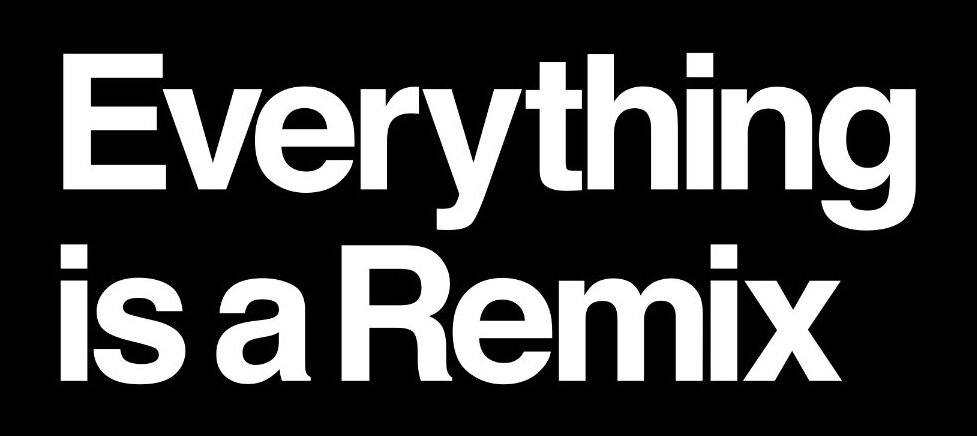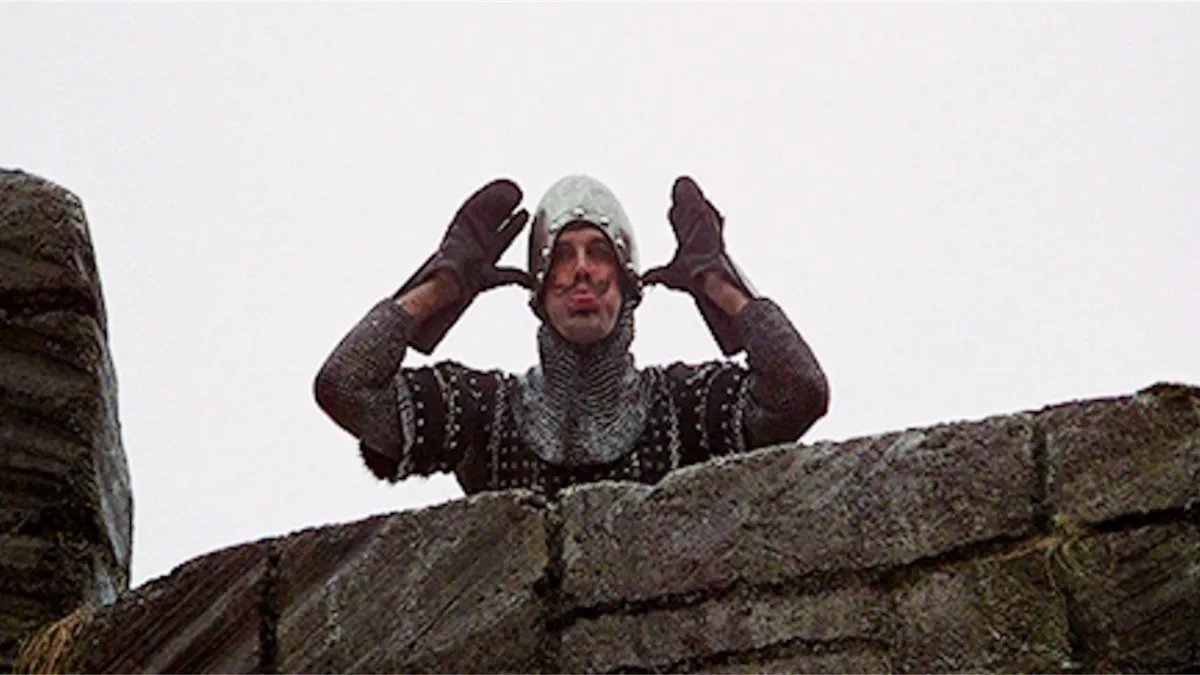The Two Phases of Creativity: Open and Closed
John Cleese: Comedy and Creativity Innovator
Have you ever felt like this when walking out of the theater after watching a great movie?
Your vision is sharper, sounds are more detailed, familiar smells are more vivid. It's like your senses are in overdrive, and the world around you has slowed down.
This is the feeling we get when we experience great art. But it's also the feeling that fuels the creation of great art.
This feeling is the open mode. You're not just thinking about mundane tasks like where you parked or whether you need a bathroom break. You're curious. You're interested in your surroundings. You're open.
This feeling is where creativity springs from. Your imagination is open.
But we can't be open all the time. Plenty of the time, you just need to get things done. When you're on a deadline, when you're doing something boring but important, when you're trying to finish a major project.
Sometimes, we need to go into closed mode. This is how we focus on specific tasks and complete them.
The creative process flows between these two phases: open and closed.
Initially, you're in the open mode—connecting disparate ideas, exploring tangents, and envisioning strange new possibilities. Creative thinkers don't limit their minds to the practical.
But if we stay in the open mode, we might travel in circles and never get anywhere. After a while, you've gotta do the work and make the thing. You need to go into the closed mode.
In the closed mode, we narrow down possibilities. Simply put, you're less creative. You focus on what's in front of you and how can improve it—or even just complete it. (Yes, sometimes you gotta just do the best you can and finish it.)
You don't just flip a switch from open to closed mode. It's a transition that takes place over the hours, weeks, months, or years that you work on a project.
The idea of open and closed modes isn't mine, nor was it devised by a theorist. This concept comes from a wildly creative person: John Cleese of the legendary comedy troupe, Monty Python. You can dive deeper into his insights here.
Best!
Kirby


